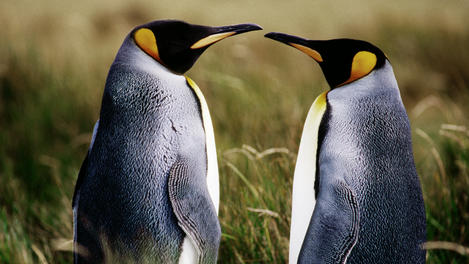Advertisement
Everyone – scientist, support worker, government official and tourist alike – who comes to this, the most isolated continent, must ‘earn’ Antarctica, either by making an often-difficult voyage or a costly flight. Ice and weather, not clocks or calendars, determine the itinerary and the timetable of all travel here.
An international treaty signed by 46 countries, representing the large majority of the world’s population, governs Antarctica. The continent, the treaty parties concur, is too large and important to belong to just one country. They further agree that Antarctica, unique among the world’s landmasses, should remain a peaceful, free and demilitarized place of international cooperation and scientific research, open to all, with a minimum of human development.
Antarctica’s most pressing issue is its environment and how best to protect it. The major impacts on the Antarctic environment are caused by people who have never even visited it. Climate change and ozone depletion are prime examples of the way human activity elsewhere affects Antarctica. But studies have also found that lead particles from gasoline combustion are blown to Antarctica as soon as one month after they leave exhaust pipes in South America, Australia and New Zealand, and pesticide residue has been found both in seabird guano and in penguin tissues. Plastic and other rubbish washes up on Antarctica’s beaches in ever-increasing amounts.
Human activity in the Antarctic is also having negative impacts. Longline fishing for Patagonian toothfish has been a twofold environmental disaster. Toothfish are caught in enormous and unsustainable numbers, with much of the catch illegal, and albatrosses in their thousands are also caught on the steel hooks, dragged down hundreds of meters and drowned – an ignoble end for such magnificent fliers.
Despite continuing concerns that oil drillers or miners will ruin Antarctica’s snowscape, the continent’s largest industry by far is tourism. While governments fret over how best to regulate tourism to minimize its impact, they’re hindered by the fact that since no one owns Antarctica, no single country can legislate behavior here. Meanwhile, tour companies police themselves, although no industry has ever been completely successful at that task, fraught as it is with conflicts of interest. For Antarctica’s sake, may the parties involved use their best judgment for the sake of safeguarding the Antarctic environment, and not just their own individual financial concerns.







No comments:
Post a Comment